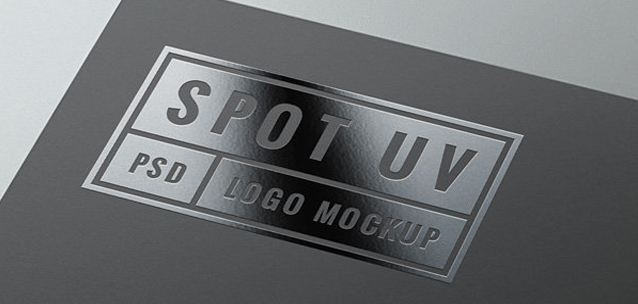Teslin
Teslin substrate looks like regular paper, but it’s actually a synthetic paper material made out of polyolefins and silica. PPG Industries, the manufacturer of Teslin substrate, describes it as “a single-layer, microporous material” that is lightweight and durable. This microporous construction allows for better absorption of ink and also allows Teslin substrate to be custom printed using a standard inkjet printer rather than a dedicated PVC card printer.
Advantages: safer for the environment, recyclable, most manufacturers are located within the United States.
PVC
Polyvinyl chloride (PVC) is a popular thermoplastic that contains high levels of chlorine which can reach up to 57%. Carbon, which is derived from oil or gas is also used in its fabrication. It is an odorless and solid plastic that is white, brittle and can also be found on the market in the form of pellets or white powder. PVC resin is often supplied in the powder forms and its high resistance to oxidation and degradation make it possible to store the material for long periods.
Cons: PVC isn’t the most environmentally friendly material, as it takes a lot of energy to produce and is rarely recycled. Teslin substrate, on the other hand, is very easy on the environment. According to PPG industries, the manufacturer of Teslin substrate, it is non-toxic and doesn’t contribute to deforestation. When incinerated, Teslin substrate produces only water, carbon dioxide and a clean ash, releasing no harmful chemicals. Teslin substrate can be recycled, with the recycled product often used for things like signs and park benches.

